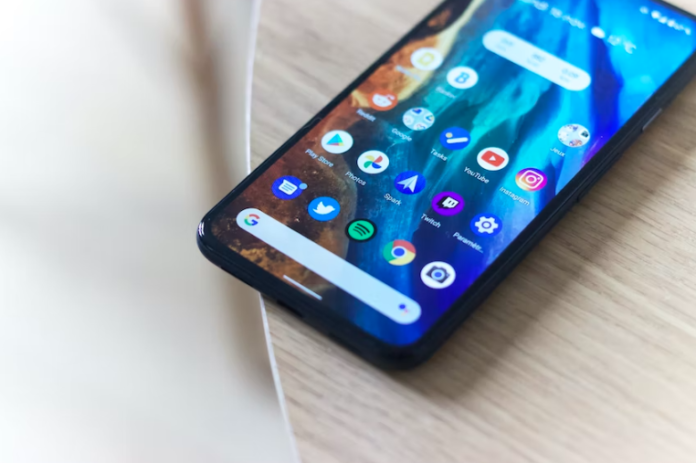New tablet and phone models from popular companies are released yearly with improved performance and more features. The ‘ordinary consumer’ is properly served by devices created for the masses, but your company requires a device developed specifically for its demands. That is where custom android device manufacturers come in.
You need a custom Android device that’s designed for your business’s unique needs. A device that reflects your company’s brand and promotes operational goals. A device that goes beyond what the ‘average smartphone or table’ provides.
Hardware
If you’re considering a custom Android device for your use case, several hardware features should be considered. These features can help you build a better, more performant, and secure product.
No matter the quantity of devices you need, it’s important to understand your requirements and how they will impact your budget, timeline, and performance. Vague requirements can make optimizing device features, processing, and storage harder.
The Android platform supports a variety of features that you can leverage through platform APIs. Some features are hardware-based (such as a compass sensor), and others are software-based (such as app widgets).
Software
Android is an open platform that provides significant freedom for customization. You can add desired features, strip out features not required for your purposes, optimize the device for performance, or change the user’s experience by modifying the look and feel.
You can even install a custom ROM to get root access and then tweak it to your heart’s content! You can disable the volume warning, hide the bottom navigation bar (on-screen buttons), and more.
A custom OS allows you to control user access to hardware, including the 3.5mm audio jack and volume rocker. This is a great way to protect your device from arbitrary code execution and malicious use.
Defining your use case is critical to determining whether commercial or custom Android hardware is the right option. It’s also a great way to reduce risk and ensure you choose the best-suited hardware for your requirements.
Security
Android is an open platform, meaning users can customize their devices to meet their needs. This is great for flexibility but poses some security risks, as developers and users can tinker with the code and introduce device vulnerabilities.
Some security features in a custom android device include disk encryption, a hardware-backed keystore, and a verified boot. Filesystem-based disk encryption ensures that all data is encrypted before committing it to the filesystem and decrypted when read back.
Design
Custom android devices come with a range of design features that are tailored to meet specific requirements. This can include UX tweaks, UI layers, and third-party apps.
Whether you’re building custom fitness products or a remote healthcare monitoring system, Android can be a powerful platform. However, selecting the right hardware for your use case is important.
A commercial, off-the-shelf device doesn’t guarantee long-term support, ease of updates, or other key aspects that may be important to your business requirements. In addition, it may cost you more than a purpose-built, validated device.
The best custom devices are optimized for your business needs and don’t include any unnecessary third-party applications. This allows you to maximize system performance and minimize the risk of data hacking.










